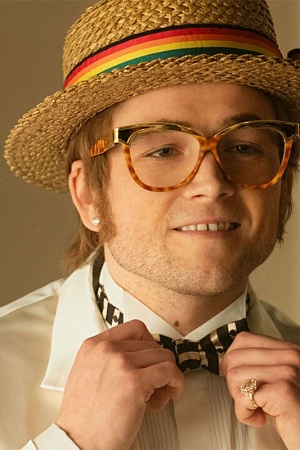On 'Black Panther'
The Marvel film Black Panther has currently earned more than US$1.3 billion dollars at the box office worldwide since its release on 13 February 2018, which places it high among the most financially successful films of all time. Such an achievement isn’t necessarily indicative of quality – the Fast and the Furious and Minions films are on the same list – but countless column inches have been devoted to Black Panther’s engaging narrative, its eye-catching aesthetic, and its complex heroes and villains. Moreover, the film was directed and co-written by Ryan Coogler, an African-American man, and features a cast almost entirely comprised of black actors. Its success has reconfigured conventional depictions of black people in large-scale blockbusters, and recast them beyond one-dimensional Hollywood thugs, sidekicks, buffoons, action film fodder, or objectified and exoticised bodies. It is also noteworthy in that its story originates from a comic book – a medium once derided as trashy and lowbrow.
In the early 1950s, unsold comic books from the United States were used as ballast in ships crossing the Atlantic Ocean to Britain; such was their value. Crime and horror yarns landed in major ports from Liverpool to London. Retrieved by collectors before they could be pulped, they were sold furtively and in small bookshops. The burgeoning underground scene paved the way for Marvel Comics with their vibrant yet flawed superheroes and sympathetic monsters, to proliferate among British fans in the early 1960s. Handfuls of these gems made their way to the market stalls of Northampton, where a young Alan Moore first came across them.
In the noughties, Moore allowed some of his most lauded works, such as Watchmen (1986–87) and V for Vendetta (1988–89), to be bastardised on the big screen for the sake of his collaborators’ financial well-being, though he distanced himself from each flop. Among his many gripes about modern comic book-to-film adaptations was the inability of filmmakers to capture the nuances and effects created by a largely literary medium, to portray relatable characters, or to produce stories that resonated with contemporaneous hopes and fears. In an interview with Vulture, Moore asks: ‘What are these movies doing other than entertaining us with stories and characters that were meant to entertain the twelve-year-old boys of fifty years ago? Are we supposed to somehow embody these characters?’
Continue reading for only $10 per month. Subscribe and gain full access to Australian Book Review. Already a subscriber? Sign in. If you need assistance, feel free to contact us.















Leave a comment
If you are an ABR subscriber, you will need to sign in to post a comment.
If you have forgotten your sign in details, or if you receive an error message when trying to submit your comment, please email your comment (and the name of the article to which it relates) to ABR Comments. We will review your comment and, subject to approval, we will post it under your name.
Please note that all comments must be approved by ABR and comply with our Terms & Conditions.